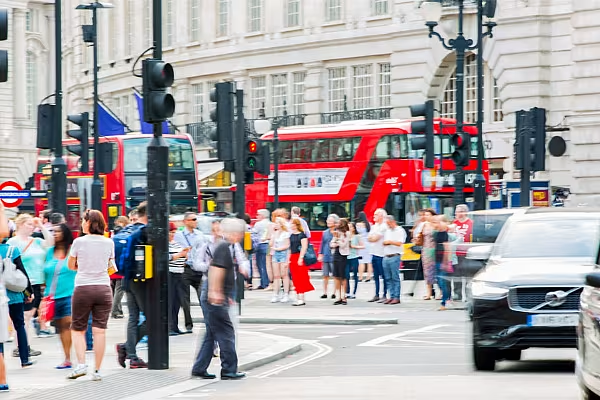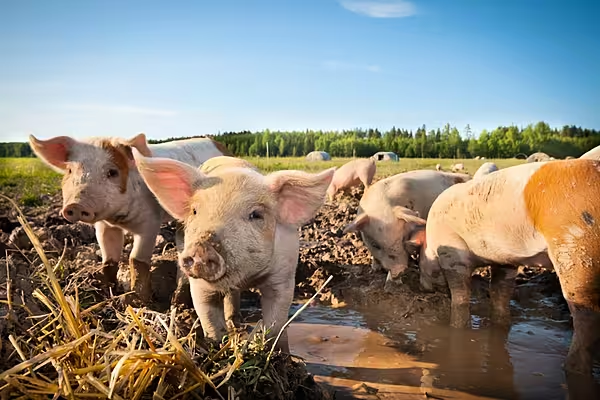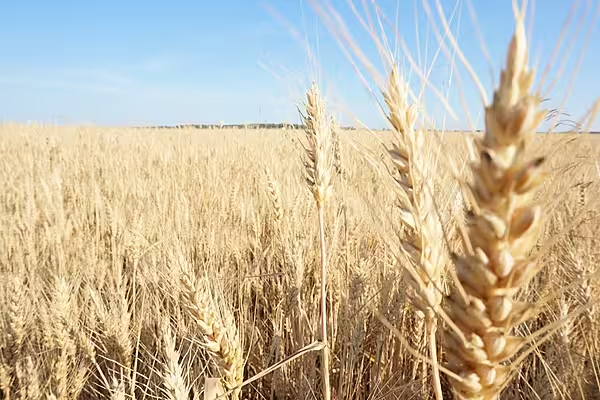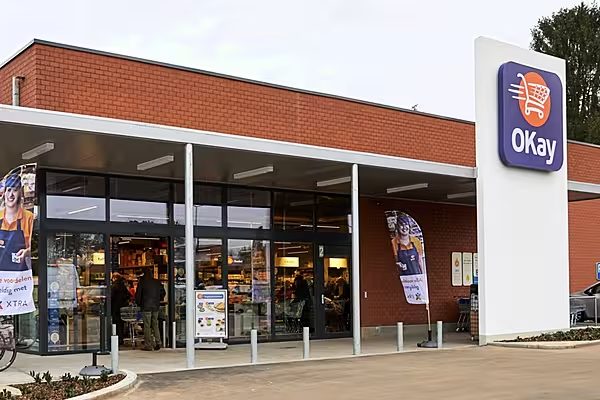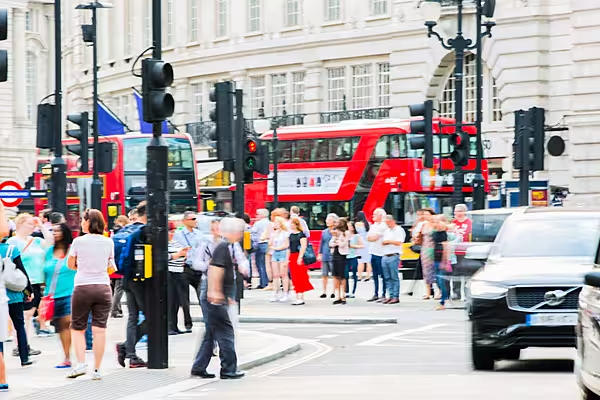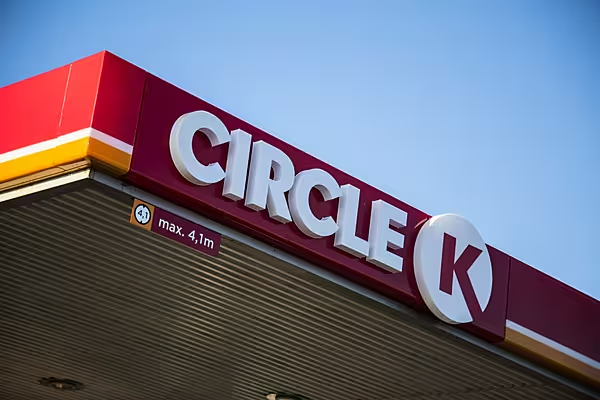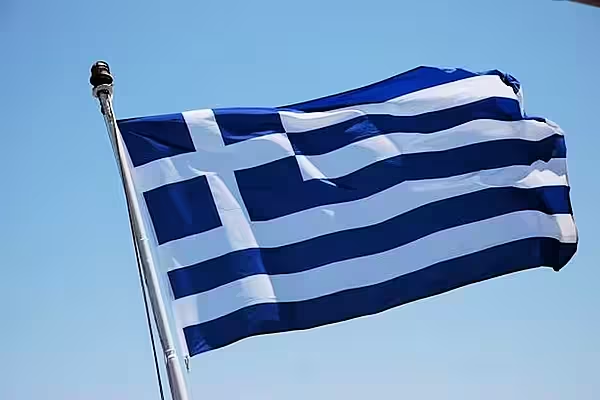British retailers suffered the biggest drop in sales for almost three years during December, raising the risk that the economy entered recession late last year, official data showed.
The Office for National Statistics said people doing their Christmas shopping earlier than usual - especially for food - contributed to retail sales volumes shrinking 3.2% between December and November.
It was the biggest drop since January 2021 and it left the level of sales at its lowest ebb since May 2020.
The reading was worse than all forecasts in a Reuters poll of economists which had pointed to a 0.5% drop.
Economic Situation
The pound weakened slightly against the US dollar and euro and British government bond prices rose in response to the data.
Retail sales are likely to subtract 0.04 percentage points from British economic output in the fourth quarter, the ONS said, which could be the difference between a negative reading and a flat reading for the economy.
The economy contracted 0.1% in the third quarter.
While many economists regard the definition of recession as two quarters of contraction as arbitrary, it would have major political implications for Prime Minister Rishi Sunak in what is due to be an election year.
With his Conservative Party lagging far behind the opposition Labour Party in opinion polls, Sunak's pitch to voters is based on the idea that Britain is moving in the right direction – which a recession diagnosis would undermine.
Finance minister Jeremy Hunt, speaking in Davos, said he wanted to move in the direction of cutting taxes ahead of a crucial annual budget that Conservatives hope will revive their fortunes.
The economic backdrop remains doubtful, however.
Impact Of Early Christmas Shopping
"Food stores performed very poorly, with their steepest fall since May 2021 as early Christmas shopping led to slow December sales," Heather Bovill, deputy director for surveys and economic indicators at the ONS said.
The ONS said there was anecdotal evidence that consumers had stocked up on Christmas food and gifts in November, when sales grew 1.4% on the month.
Danni Hewson, head of financial analysis at AJ Bell, added, “People shopped early, spreading the cost of gift buying and making the most of the big discounts on offer during Black Friday sales. Any hopes that as the big day drew nearer shoppers would rush to stores to make sure Santa’s sleigh was suitably stocked were quickly dashed as consumers battered by months and months of budgetary pressures decided to simply spend less on stuff.
“Even the festive feast fell victim to frugality, with people plumping for little luxuries or curbing celebrations to a single day rather than many."
The data looked at odds with strong Christmas trading reports from Tesco, Britain's biggest supermarket, and clothing retailer Next. Others, including sportswear firm JD Sports and luxury fashion brand Burberry, warned on profit.
"The drags from the cost-of-living crisis and sharp rise in interest rates are still weighing on real incomes and consumer spending," Alex Kerr, economist at consultancy Capital Economics, said.
Excluding petrol, sales volumes dropped 3.3% on a monthly basis.
News by Reuters, additional reporting by ESM.
